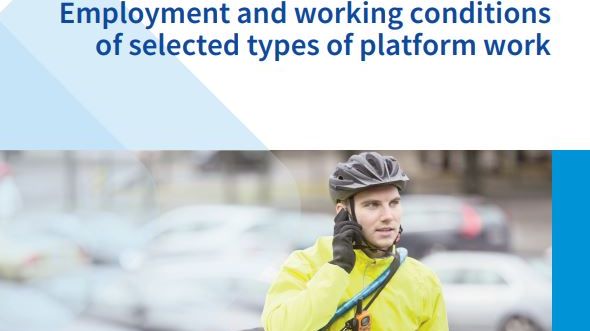Season’s Greetings and Best Wishes for 2019
We want to thank you for your support and wish you and your family a peaceful Christmas and a happy New Year.

We want to thank you for your support and wish you and your family a peaceful Christmas and a happy New Year.

Structural change is expected to move much faster in the Member States who joined the Union after 2004, and we forecast big changes in the occupational wage and task structure in these countries in the run up to 2030.

Europe is back on track towards upward convergence, but some outliers remain.
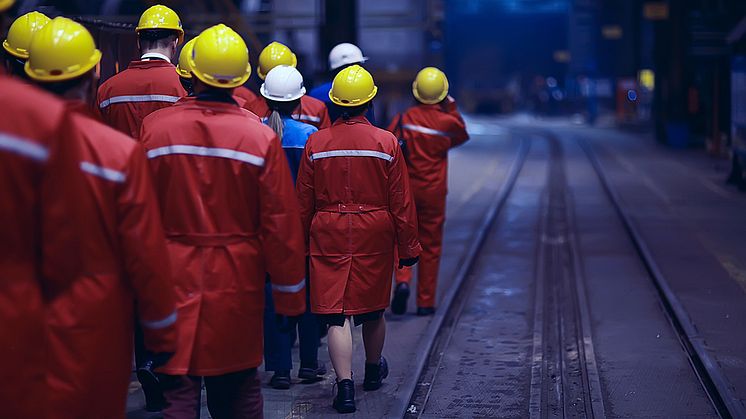
Quality of life is improving in Ireland, particularly in relation to social cohesion, with the country recording some of the highest levels optimism in the EU and lowest reported levels of tension between racial and ethnic groups. However, a number of challenges remain, notably in public transport, childcare services, and social housing – all of which are rated below EU averages.
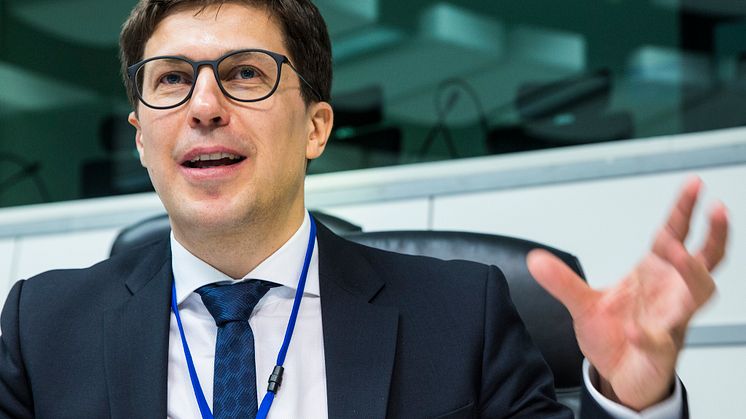
Eurofound Director Juan Menéndez-Valdés will present to the Oireachtas Joint Committee on EU Affairs at 14:00 GMT on Wednesday 12 December. The presentation will look at Ireland-specific data from the European Quality of Life Survey and European Working Conditions Survey.

There has been an overall improvement in the employment and social situation of people with disabilities in the EU, with more people with disabilities in employment and actively participating in society in 2016 than 2011. However, disabled people are still significantly less likely to be in employment than people without disabilities, and they remain among the most disadvantaged groups in Europe.

Unemployment in the EU is continuing to fall, with the rate approaching its 2008 low point. This is good news: the Europe 2020 target of 75% employment in the working age population is now in sight for many Member States. However, as unemployment reaches new lows, the opposite problem is emerging – labour shortages
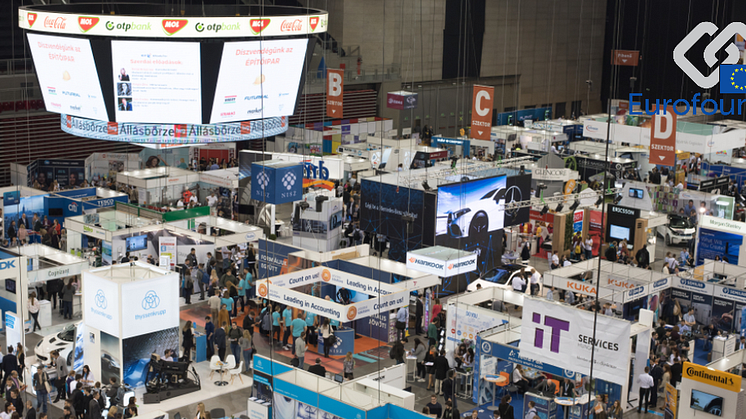
Across the EU, on average 66% of the workforce holds a permanent contract and enjoys the most favourable standards of job quality. But for those in non-standard forms of employment, is job status negatively impacting job quality? The short answer is yes.
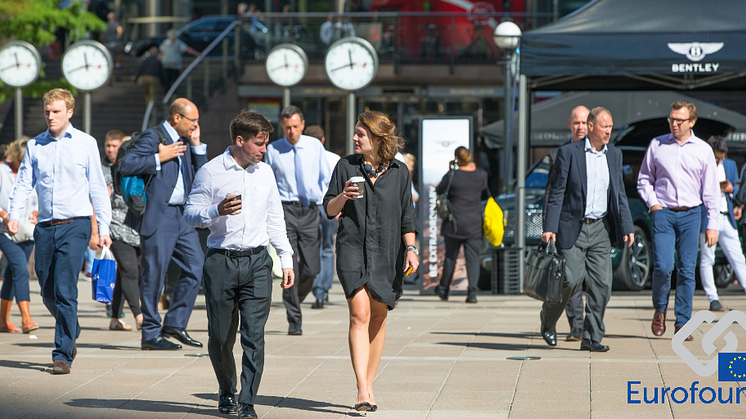
Over the last decade, European labour markets have seen a surge in the number of older workers in work and a continuous decline in their unemployment rates. A lot of young and middle-aged workers lost their jobs in the Great Recession, but not so the older age group. This means they receive less policy attention, which is unfortunate for older workers who suddenly find themselves without a job.

Manual jobs in European manufacturing are being transformed as blue-collar workers take on more intellectual tasks. This is a consequence of the increasing use of digital tools and the growing importance of quality control in production.
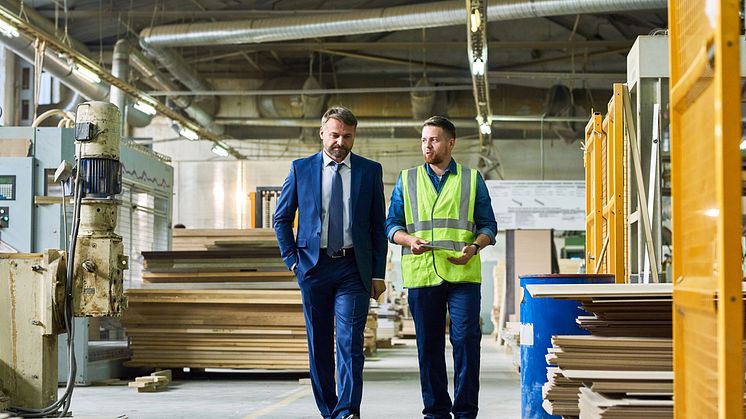
This graph, taken from the latest European Restructuring Monitor (ERM) report, shows the announced job losses and gains since 2008.

Platform work is neither good nor bad – it just is. We need to adapt to this reality by finding ways to capitalise on the positive while at the same time counteracting the negative. This needs to be done in a differentiated way, taking account of the great variety in platform work. One-size solutions simply will not fit all.
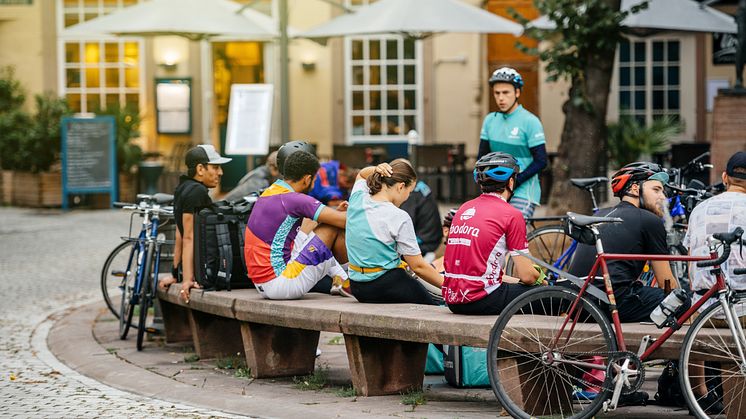
On 8 November 2018 from 14:00 to 16:00 CET, Eurofound will host the webinar ‘Making the platform economy work well for workers’. This two-hour webinar will go beyond the debate about the challenges inherent in this new form of employment and focus on possible solutions to tackle the work and employment-related implications of platform work.

Apprenticeships are long established in manufacturing and are attractive for both employers and young people because of the balance between theoretical and practical education that they offer. However, in several countries in Europe and beyond, apprenticeships are lagging behind changes in manufacturing.
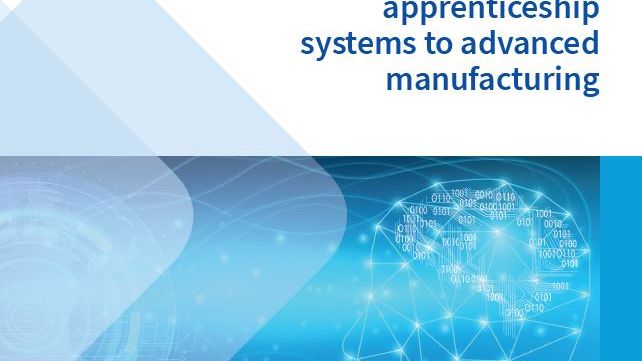
Restructuring is a common feature of labour markets and work organisation. While much research in this area primarily concentrates on the implications for those that lose their jobs, the latest report on restructuring from Eurofound focuses on the impacts for those that remain in an organisation.
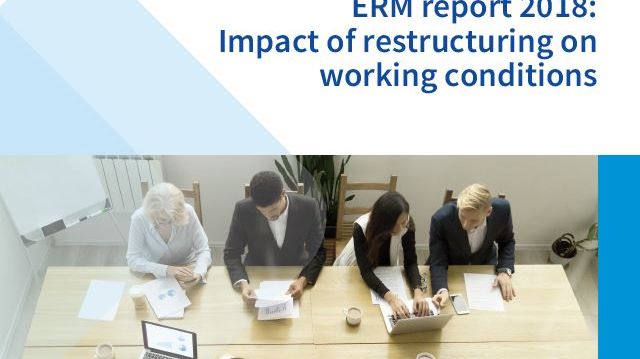
2017 was a good year for the majority of EU Member States in terms of recovery of employment. However, while the EU28 as a whole is now exceeding its pre-crisis employment rate, in 2017 it was still 2.8 percentage points short of its 2020 target of an overall employment rate of 75%. In addition, several Member States' employment rates continue to lag behind those witnessed a decade ago.
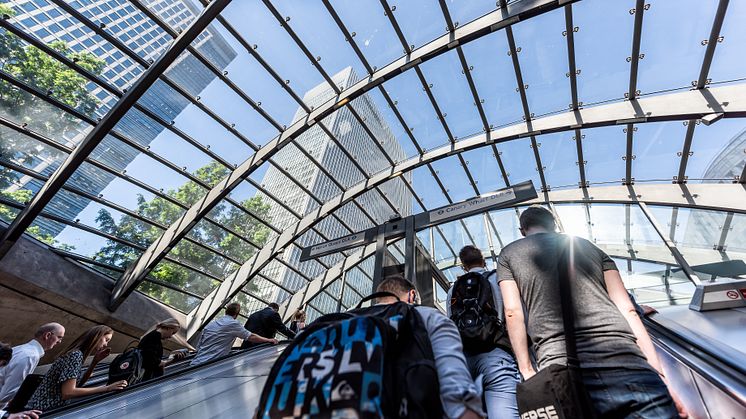
Today is World Mental Health Day, a yearly event held by the World Health Organization with the overall objective of raising awareness of mental health issues and mobilising efforts in support of mental health. Eurofound has made a limited number of copies of its latest report on Burnout in the workplace available to order, free of charge, via its website

Management is still mostly a man's game. The limited presence of women in management roles in European workplaces, despite years of gender equality policy, illustrates the magnitude of the challenge in achieving gender equality at work and highlights the need for more concerted effort and comprehensive long-term strategies to drive change.
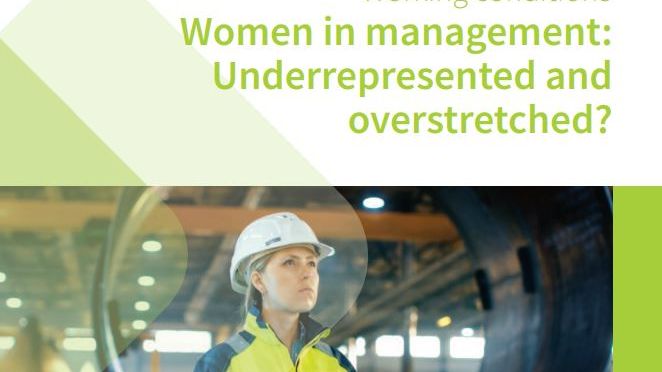
Today is European Day of Languages, a yearly event that celebrates the linguistic diversity of a continent with over 200 European languages, 24 official EU languages, around 60 regional or minority languages, and many more spoken by people from other parts of the world.
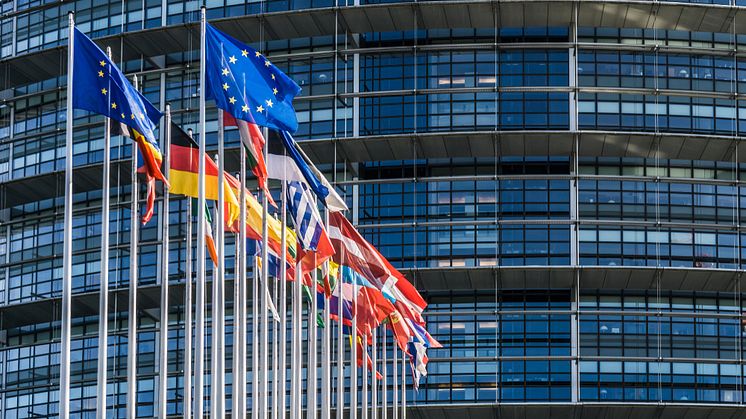
Platform work is still small in scale in Europe, but it is rapidly growing and becoming increasingly important for the digital economy. Much needs to be done, not just to track and adapt to its development, but also to ensure that we have a common definition of what platform work is and how it impacts the broader world of work.
